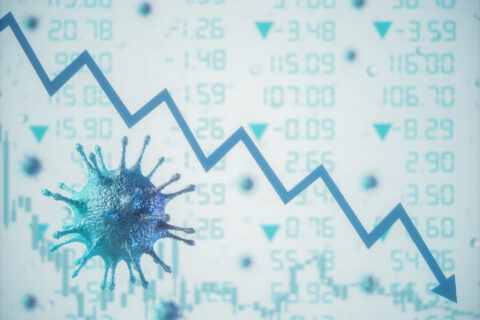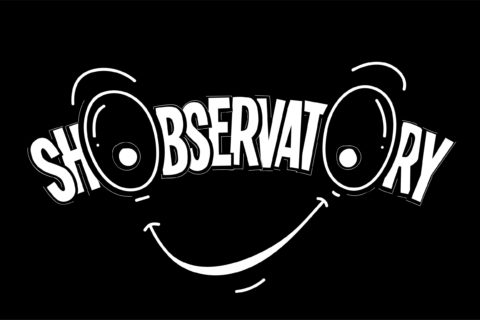The movement towards healthy beverages continues to grow and expand. With big brands promoting healthy product lines and start-ups introducing new ‘healthy’ water-based drinks, competition has grown dramatically.
With famous brands such as Evian and Volvic, Danone Waters knows a thing or two about producing top-tier healthy beverages and has long focused on ‘healthy hydration’. But facing a fast-moving market, the insights team wanted to find out what ‘healthy’ really meant to consumers and how much that concept of health is changing. Further, there was a need to explore underlying motivations of consumers with a learning plan that support future decisions with confidence.
According to Dieter Deceuninck, Global Director of Strategy & Insights at Danone Waters, “We were looking for a deeper level of understanding than we get from pure quantitative research…to understand the ‘why’ behind the numbers”.
Developing the Learning Plan
This is where buzzback got involved. Working with Dieter and the Danone team, we developed a 3-step approach to addressing the business issue. This involved bridging methodological approaches, each integrating our unique offering of digital tools.
- First, we engaged consumers in a digital collaging exercise, asking them to cluster brands on a continuum (slider) to visualise how they define health and taste when it comes to beverages. As Dieter explains “When they are asked to put brands on a continuum, to make trade-offs vs asking them directly, it becomes very interactive. You get a deeper level of richness and nuances, with visual and emotional understanding.” We could see how consumers plot dimensions of healthy and pleasure and what the underlying influencers of health and taste are.
- Next, we explored category and behavioural drivers. Danone Waters already knew that taste is the key driver in beverages and cost of entry, but it was critical to identify how health was playing a role. One hypothesis was health conflicted with taste. For example, in a world with ‘zero’s’ on the rise – Coke Zero, Zero Fanta, to name a few — Danone wanted to know if consumers considered ‘zero’ drinks as healthy as flavoured water. Combined with digital collaging, the team could see how to move brands along the continuum by, for example, adding bubbles or flavour to make a product more pleasurable, but still healthy.
- Third was exploring differences in different consumer segments – for instance, what health meant to Gen Z, Millennials and older generations. The results provided additional insight. Older generations viewed ‘healthy’ as related to absence; to them, healthy drinks had an absence of sugar, absence of flavour, or of artificial ingredients. For younger generations, however, health translated to adding something extra – the same taste but with extra vitamins, for example. For the Danone team, these distinctions enabled clear direction on targeting and communication as well as innovation development.
This study launched an emphasis on consumer-centricity as a cornerstone for Danone, and now at the forefront of Danone Waters’ innovation and marketing strategy. Identifying and understanding consumer perspective is now a core part of the strategic planning process. The work enabled the insights team to advise and influence its own internal conversation around consumers’ attitudes to healthy beverages.
Measuring the Impact
The research also spawned several successful new products launched within the business. Among these: Bulles de Fruits from Badiot in France, a fruit-flavoured sparkling water demonstrating the combination of health and taste highlighted in this study: and Volvic Essence in Germany, an infusion of herbs, vegetables and fruits, also on strategy resulting from the learning.
But more importantly beyond specific product launches, the study benefited the Danone business on a broader level by infusing consumer perspective in its strategic planning process. Dieter adds: “When I joined Danone, there was a blank page around consumer insight. People asked, ‘what is strategy and insights?’ It used to be that the market research team were order takers -give me a brief, and then from there go to the agency, the agencies give this proposal and then you get your data”. Instead, this study demonstrates how Dieter changed the view of consumer understanding and insight at Danone into an agile and responsive innovation engine, yielding other similar future initiatives.
He says, “It’s been very successful internally here in Danone; it’s a foundational study that is the backbone for a lot of hypothesis building or for a lot of strategic planning work. We still rely on it today”.


